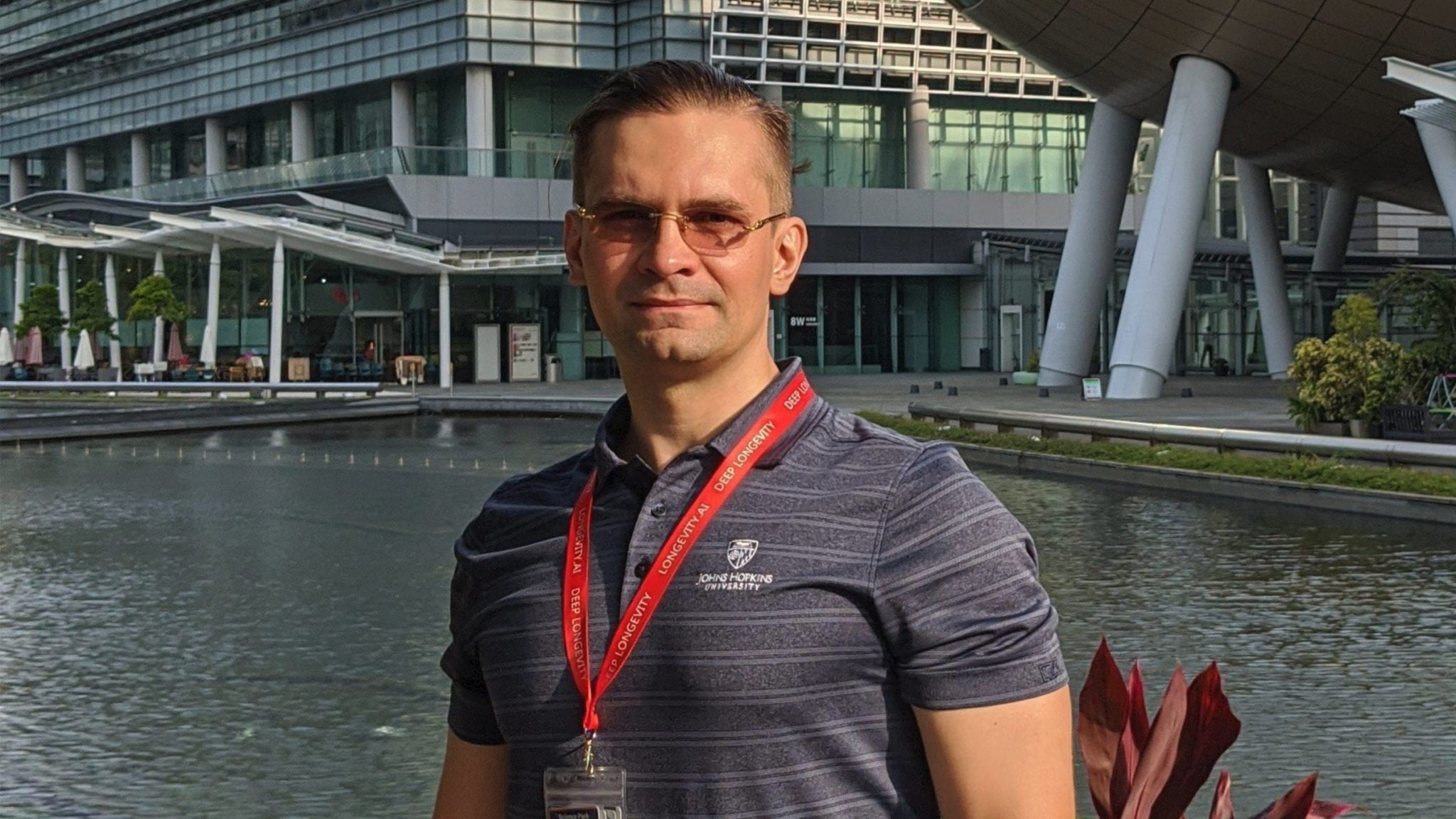
Alex Zhavoronkov (Insilico)
Insilico preps first candidate for IND studies, hoping to launch trial in IPF by end of 2021
Over the last several years, Alex Zhavoronkov has turned Insilico into one of the most well-connected AI biotechs out there. Now, the Hong Kong-based company …
Sign up to read this article for free.
Get free access to a limited number of articles, plus choose newsletters to get straight to your inbox.